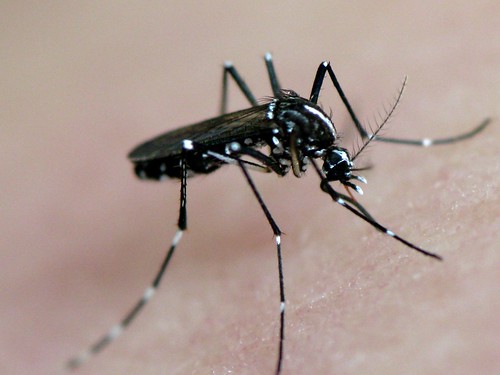 New UCLA-led research finds that Zika-linked abnormalities that occur in human fetuses are more extensive — and severe — than previously thought, with 46 percent of 125 pregnancies among Zika-infected women resulting in birth defects in newborns or ending in fetal death. The study, published in the New England Journal of Medicine, suggests that damage during fetal development from the mosquito-borne virus can occur throughout pregnancy and that other birth defects are more common than microcephaly, when babies are born with very small heads. Further, these defects may only be detected weeks or months after the baby is born, said Dr. Karin Nielsen, the study’s senior author and a professor of clinical pediatrics in the division of pediatric infectious diseases at the David Geffen School of Medicine at UCLA and Mattel Children’s Hospital. “This means that microcephaly is not the most common congenital defect from the Zika virus,” Nielsen said. The absence of that condition does not mean the baby will be free of birth defects, she added, because “there are problems that are not apparent at birth” and such difficulties may not be evident until the age of six months.
New UCLA-led research finds that Zika-linked abnormalities that occur in human fetuses are more extensive — and severe — than previously thought, with 46 percent of 125 pregnancies among Zika-infected women resulting in birth defects in newborns or ending in fetal death. The study, published in the New England Journal of Medicine, suggests that damage during fetal development from the mosquito-borne virus can occur throughout pregnancy and that other birth defects are more common than microcephaly, when babies are born with very small heads. Further, these defects may only be detected weeks or months after the baby is born, said Dr. Karin Nielsen, the study’s senior author and a professor of clinical pediatrics in the division of pediatric infectious diseases at the David Geffen School of Medicine at UCLA and Mattel Children’s Hospital. “This means that microcephaly is not the most common congenital defect from the Zika virus,” Nielsen said. The absence of that condition does not mean the baby will be free of birth defects, she added, because “there are problems that are not apparent at birth” and such difficulties may not be evident until the age of six months.
The new study was based on a larger sample size of 345 women in Rio de Janeiro, Brazil, who were enrolled from September 2015 through May 2016. Of those women, 182, or 53 percent, tested positive for Zika in the blood, urine or both. In addition, 42 percent of the women who did not have Zika were found to be infected with chikungunya, another mosquito-borne virus; 3 percent of Zika-positive women also had chikungunya.


